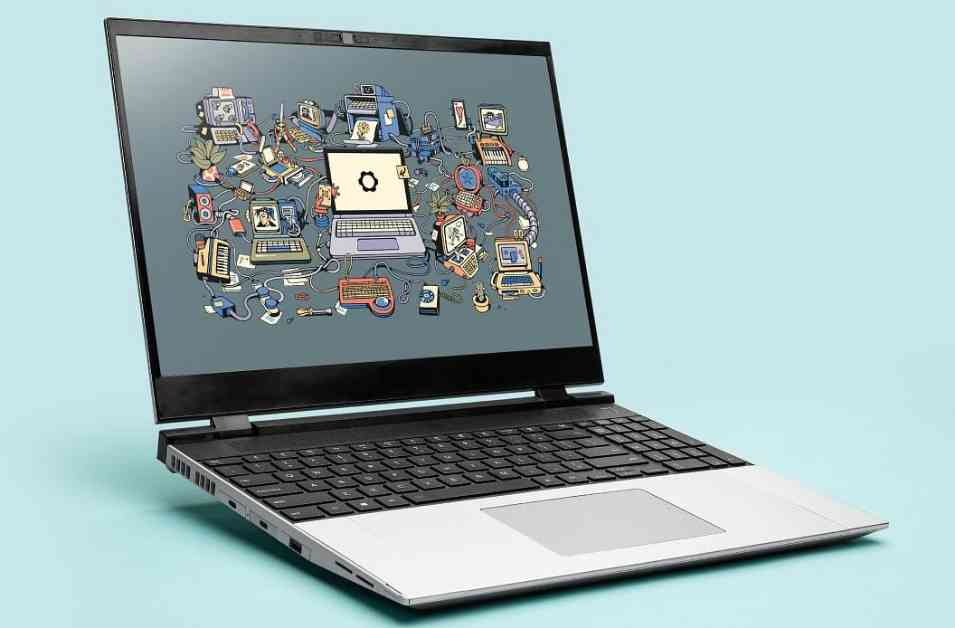The Framework laptop, known for its modular design, has taken a bold step by introducing a RISC-V main board into its lineup. This move marks a significant shift away from the traditional x86 architecture. During the Ubuntu Summit 2024, Framework CEO Nirav Patel showcased the transition from x86 to RISC-V by swapping out the motherboard of a Framework Laptop live on stage. This demonstration was met with awe and admiration from the audience, showcasing the company’s commitment to innovation and adaptability.
The newly available DC-ROMA board, powered by the StarFive JH7110 System-on-Chip, is now open for orders through DeepComputing’s early access program. This board features a quad-core 64-bit device with four general-purpose cores running at speeds of up to 1.5 GHz. While the board supports 8 GB of RAM and eMMC storage, initial tests reveal that it may not deliver the performance levels expected from more traditional CPUs like Arm.
Despite its limitations in performance, the RISC-V architecture offers a glimpse into the future of open instruction set computing. The ability to swap out main boards and customize hardware components represents a significant achievement in the tech industry. Framework’s dedication to creating repairable and upgradeable laptops has garnered praise from users who appreciate the flexibility and sustainability of their devices.
As Framework continues to develop new models and enhance the specifications of its machines, the demand for modular and user-repairable laptops is on the rise. Customers are looking for devices that prioritize longevity, usability, and customization, driving the industry towards more sustainable practices. The company’s commitment to user feedback and continuous improvement sets a positive example for the tech community.
While some users may prefer more traditional processors like Intel or AMD for their computing needs, the emergence of RISC-V as a viable alternative signals a shift in the industry. As technology evolves and new architectures are introduced, consumers will have more choices when it comes to selecting hardware that aligns with their preferences and values.
In conclusion, the introduction of the RISC-V main board for Framework laptops represents a significant milestone in the journey towards more open, customizable, and sustainable computing solutions. While there may be challenges in performance and compatibility, the innovation and dedication shown by Framework and other tech companies pave the way for a more diverse and user-centric tech landscape.











